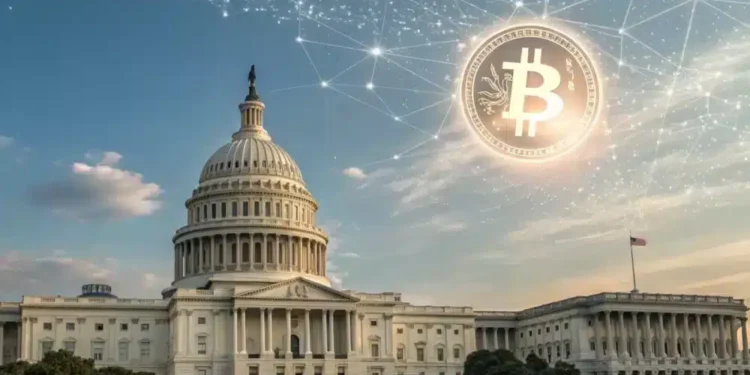- New Hampshire and Florida formalize Bitcoin reserve frameworks for public funds and treasury reserves
- DOJ not within the enterprise of crypto regulation by way of prosecution anymore, shifting focus solely to felony misuse of digital belongings
Two U.S. states are making daring monetary strikes proper now.
New Hampshire and Florida have superior payments permitting state treasuries to speculate public funds in Bitcoin [BTC] and different high-market-cap digital belongings.
These selections come days after the U.S. Division of Justice (DOJ) introduced it will halt prosecution towards crypto exchanges and associated providers for regulatory breaches.
Timing is not any coincidence
This alignment indicators a synchronized shift between state and federal our bodies in direction of normalizing digital belongings in authorities finance.
On 10 April, New Hampshire’s Home of Representatives passed HB302 by a slim vote of 192–179. The invoice empowers the state treasurer to allocate as much as 10% of public funds to eligible digital belongings, stablecoins, and valuable metals.
Nevertheless, the situation is that the belongings should meet strict eligibility standards akin to a market cap exceeding $500 billion averaged over the prior yr.
The laws mandates that belongings should be both held immediately by the treasurer, custodied by a regulated establishment, or bought by way of exchange-traded merchandise.
Florida follows swimsuit
In the meantime, Florida’s Home Insurance coverage and Banking Committee unanimously superior its personal digital reserves invoice. The state formally took a step in the identical path, albeit with a daring operational twist.
The invoice not solely approves Bitcoin and different high-cap digital belongings for treasury funding, however it additionally codifies Bitcoin custody and loaning immediately into state statute.
States step in because the Feds step again
The synchronization of those insurance policies throughout state strains suggests a broader political pattern. U.S. states want to assert digital asset autonomy whereas the federal authorities recalibrates its crypto enforcement priorities.
Earlier this week, Deputy Legal professional Normal Todd Blanche issued a four-page memo which confirmed that the DOJ would disband its Nationwide Cryptocurrency Enforcement Crew (NCET).
The Division will not goal exchanges, mixers, or wallets for unintentional regulatory violations.
“The Division of Justice will not be a digital belongings regulator.”
This shift was bolstered by the removing of felony legal responsibility tied to registration breaches and unlicensed cash transmitting – A authorized foundation beforehand used towards many platforms.
Prosecutors are actually instructed to solely pursue instances the place people use crypto for crimes like terrorism, narcotics commerce, or monetary fraud.
The DOJ’s transfer follows President Trump’s Govt Order 14178, which explicitly rejects “regulation by prosecution” within the digital asset area.
From coverage to Bitcoin reserve technique
The DOJ’s pullback shifts legal responsibility from platforms to people. Its disbanding of NCET and Trump’s pardon of BitMEX executives has been illustrative of a softer federal stance.
With enforcement our bodies scaled again, states like Florida and New Hampshire are seizing the second. Actually, the convergence of those legislative actions with federal de-escalation marks a turning level.
The road between crypto and statecraft is vanishing quick. And, it’s the states main the cost.



